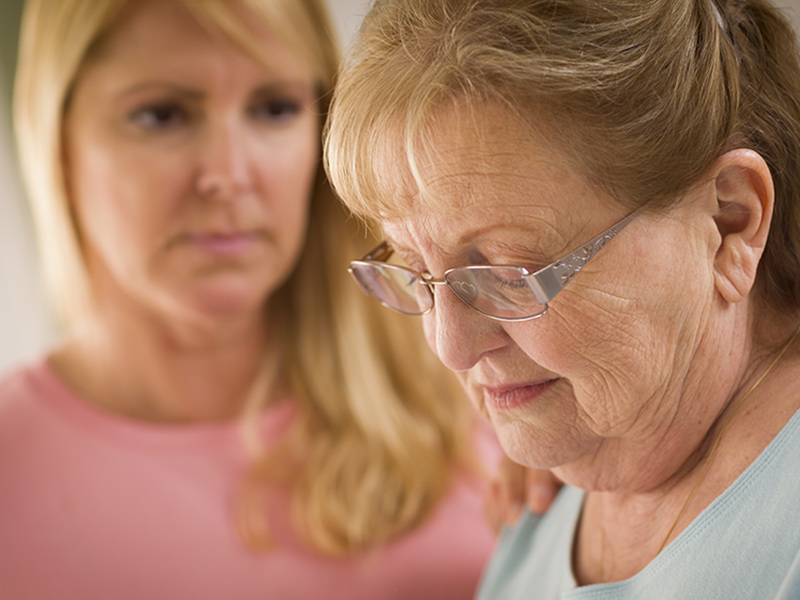By Kenneth J. Doka
There is little more difficult than working through grief. After all, we may have to deal with a rand of confusing and even conflicting emotions that include sadness, anger, guilt, and perhaps, even relief.
We may have to totally reorganize our lives, like learning to live alone. We may have to re-examine our beliefs about the world or our spirituality. We may have to take on new duties. We do all this with depleted energy as we cope with the loss.
It’s little wonder that grief can be dangerous to our health. This risk is greater for older persons but can adversely affect anyone.
Support groups can help
CHP Hospice offers grief support groups to help support anyone in our communities to deal with the challenges of loss. Our bereavement support groups meet monthly in Archbold, Defiance, and Van Wert. They are free and open to anyone struggling with a recent loss.
Take care of yourself
Self-care is critical to healthy coping with loss. Some important components of this are acknowledging our loss, recognizing that grief is a natural response to loss, and understanding the ways grief is affecting us.
It also means taking good care of ourselves. Eating properly, getting adequate rest, and exercising is more important than ever in this season of life. Self-care can also include opening yourself to the support of others in a bereavement group.
Taking time off to rest from grief is important too, but it’s often difficult.
Recovery guilt
Diana, an older widow, experienced “recovery guilt” a few months after her husband’s death. Watching her grandson’s preschool program brought feelings of both joy and laughter – the first time she experienced those emotions since her loss.
She felt guilty, believing it was inappropriate to have such emotions so soon after her husband’s passing. Yet, it was not only normal to have such moments, it is helpful. These moments give us hope that the pain of grief will someday be less and we can be joyful again.
###


